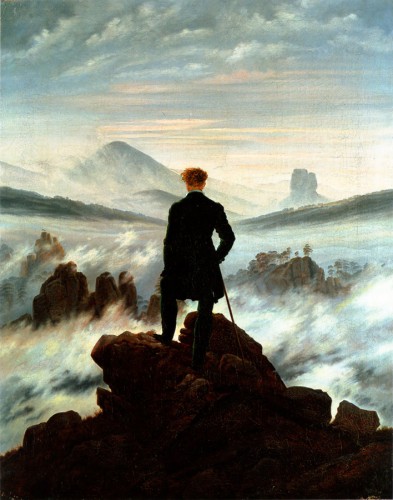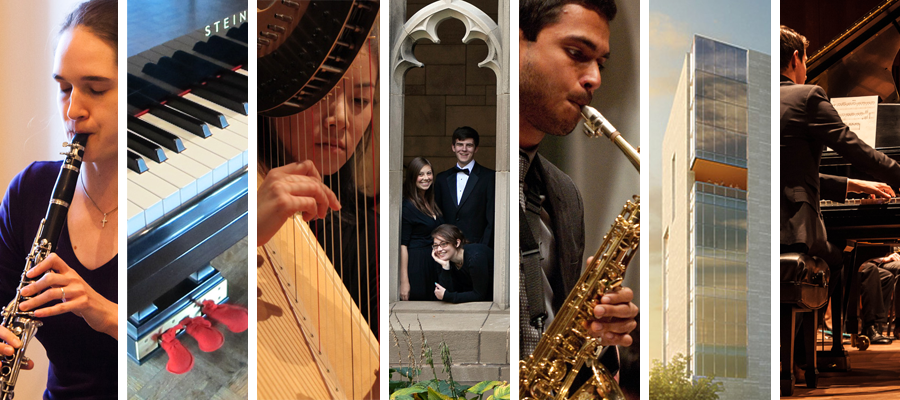 Robert Whalen is the newly appointed Director of the Chamber Orchestra at the University of Chicago. UChO will perform the music of Mozart, Corigliano, and Schubert on Saturday, November 17, 2012 at 8 PM in the new Logan Center for the Arts Performance Hall. Admission is free.
Robert Whalen is the newly appointed Director of the Chamber Orchestra at the University of Chicago. UChO will perform the music of Mozart, Corigliano, and Schubert on Saturday, November 17, 2012 at 8 PM in the new Logan Center for the Arts Performance Hall. Admission is free.
As the new director of the University Chamber Orchestra, how have you enjoyed working with the students and faculty here at the UChicago?
What a joy it has been to work with the students and faculty here. There are few places on earth like the University of Chicago. The caliber of the student body, the distinguished faculty, the amazing libraries, and world-class resources in all departments make the University of Chicago a very special place. It’s an honor to be here.
How are preparations going for the first University Chamber Orchestra concert of the year? Can you tell me a little bit about the repertoire that is being presented Saturday, Nov. 17th?
The program includes includes Mozart’s Overture to Don Giovanni, John Corigliano’s Elegy, and Schubert’s Symphony No. 6 in C Major. These works are gorgeous, and have several deeper thematic threads that connect all three pieces. First, the concert offers divergent perspectives on romanticism. Mozart’s Don Giovanni precedes the so-called “Romantic” period in music, but is full of many of the musical characteristics that will later define the music of that era. The music of 20th/21st century composer John Corigliano is often described as “neo-romantic”, primarily because of its sweeping melodic lines and lush harmonies, but lies 75 years beyond the historical end of the Romantic Period. Schubert’s music exists at the very cusp of the Romantic Period, even within his own oeuvre. His next symphony, the famous 7th Symphony in b minor, casts such a different mood than the Sixth, but shares many stylistic characteristics. Thus we approach the idea of Romanticism through music not contained within the historical period. Secondly, all three composers are gifted writers of soaring, endlessly agile melodies, and yet each composer uses their melodies very differently within the larger musical structure of their works. Finally, the Corigliano, with the Mozart and Schubert, enables us to encounter the experience of memory and reflection on our musical past as we move into our musical future. In Corigliano’s Elegy, he looks to the recent musical past through allusions to the works of his teacher (Samuel Barber’s “Adagio for Strings” and “Horizon”). Corigliano has a history of using the past in his music as lens on the present. In his opera Ghosts of Versailles he confronts, cajoles, and flips the past upside down as he seeks to continue the plot of Mozart’s Da Ponte operas. His more rigorous encounter with Beethoven in “Fantasia on an Ostinato” builds the most incredible structure built on a three note rhythmic cell from the Second Movement of Beethoven’s Seventh Symphony. So, the concert seeks to expose not only the relationships between the pieces, but how we frame our perspective and history of their relationships.
Next Monday will be our penultimate rehearsal before the November 17th concert. We had a great rehearsal last night, and we’re all looking forward to presenting our concert in the new Logan Center Performance Hall. Continue reading
